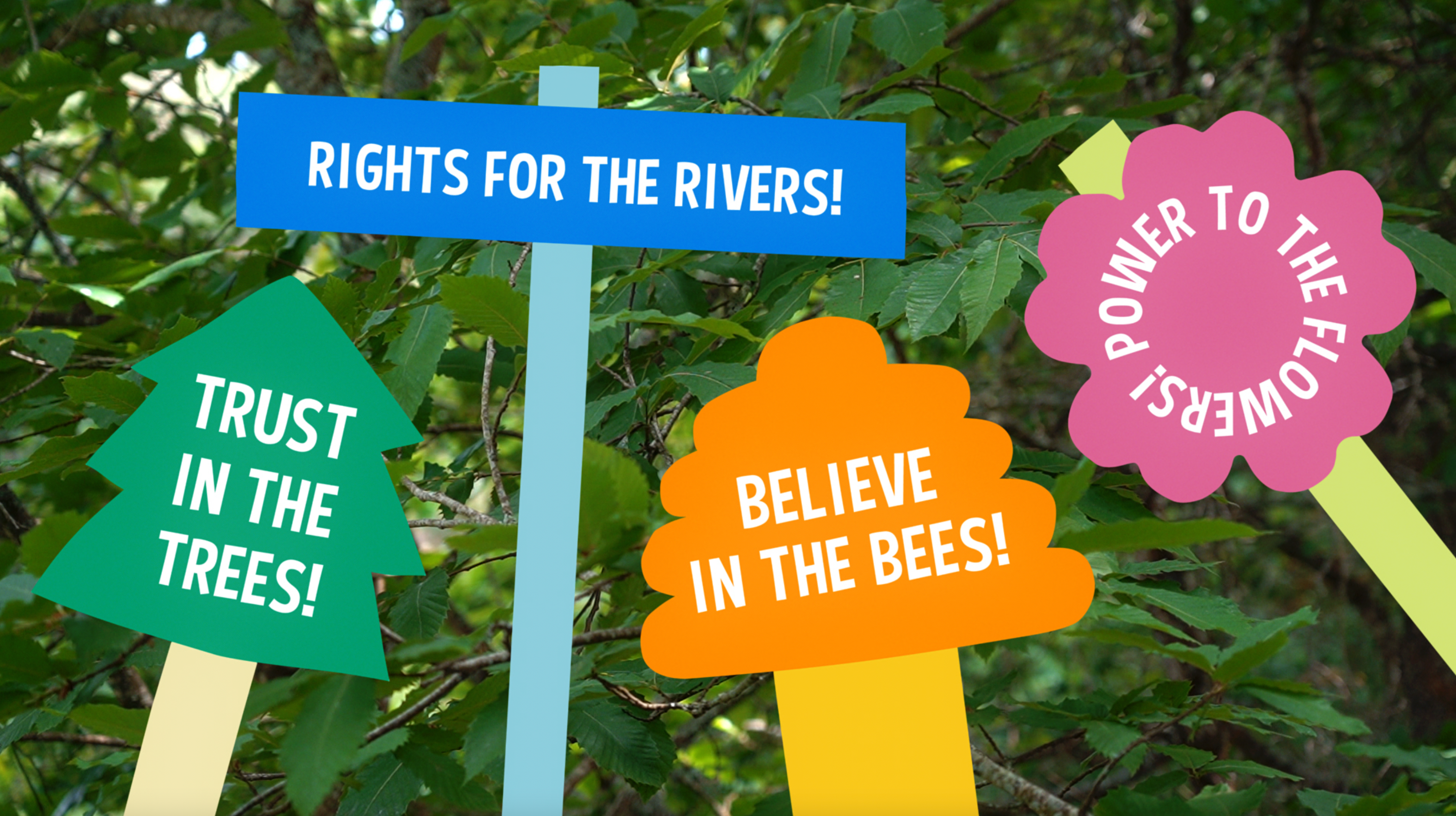
21, September 2022
RECOGNISING THE RIGHTS OF NATURE
Sounds pretty far out, right?! But while some might say it’s radical — it’s also an extremely practical way of recontextualising business’ relationship with the natural world. And it’s part of something much, much bigger happening in the environmental conversation.
Environmental personhood — the idea of giving a non-human entity (Nature) legal status and protections — is a relatively new concept, at least within our modern, Western thinking. It’s part of a wider shift towards recognising the Rights of Nature — something many of us might instinctively feel should exist, but that hasn’t yet been inked in law.
The belief that these rights should exist is not so that they should benefit humans, but that Nature itself is worthy of respect and protection, so its rights should exist for Nature’s own sake. This thinking is what’s known as ‘ecocentrism’ — which, instead of placing humans at the centre of all decisions, places the natural world there. Not that humans need to feel threatened by ecocentrism, by the way. Quite the opposite. By placing our emphasis on the protection of the natural world, we create a healthy, habitable world for all beings (including humans) to thrive.
It’s a rabbit-hole we’ve gladly delved deep into over the last eighteen months of working with Earth Law Center and Lawyers For Nature. And while we might be the first company taking the Rights of Nature seriously in the business world, there are many inspiring examples of changes happening in other walks of life. Broadly they fall into 2 camps.
Mountains, Parks, Forests… and especially Rivers
Most Rights of Nature breakthroughs grant personhood to specific features of the natural world. But it’s rivers that seem to grab most of the headlines. Perhaps the poster child (poster river?) of the environmental personhood movement is New Zealand’s Whanganui river, which was granted personhood in 2017, meaning it now has the same level of rights that humans do, including the right to protect itself against those who might pollute it. Since then, Bangladesh has granted similar rights to all of its rivers (woo! Go Bangladesh!) and the Yurok tribe in California have granted the same right to the Klamath river too.
Constitutional rights
More broad ranging is that the Rights of Nature be recognised on a constitutional level. And slowly, slowly, that’s becoming a reality. In 2008, Ecuador was the first country in the world to recognise the rights of Nature — stating in their constitution that 'Nature or Pachamama, where life is reproduced and exists, has the right to exist, persist, maintain and regenerate its vital cycles, structure, functions and its processes in evolution.’ Since then, Bolivia and Uganda (to a great extent) have too. And now, so too has Panama — thanks to the work of Earth Law Center, who alongside Lawyers For Nature, made it possible to appoint Nature to Faith In Nature’s board of directors.
But despite many efforts to recognise the Rights of Nature closer to home, Europe remains slow on the uptake. Which is what makes recognising the Rights of Nature within business even more important. Who knows how long we’ll be waiting for governments to take this movement seriously, and who knows if we’ve even got that long to wait! So if, like us, you’d like to take direct action right now — recognising the Rights of Nature within your own company or organisation — you can. Just leave your details with us, and we’ll be in touch to tell you how.

